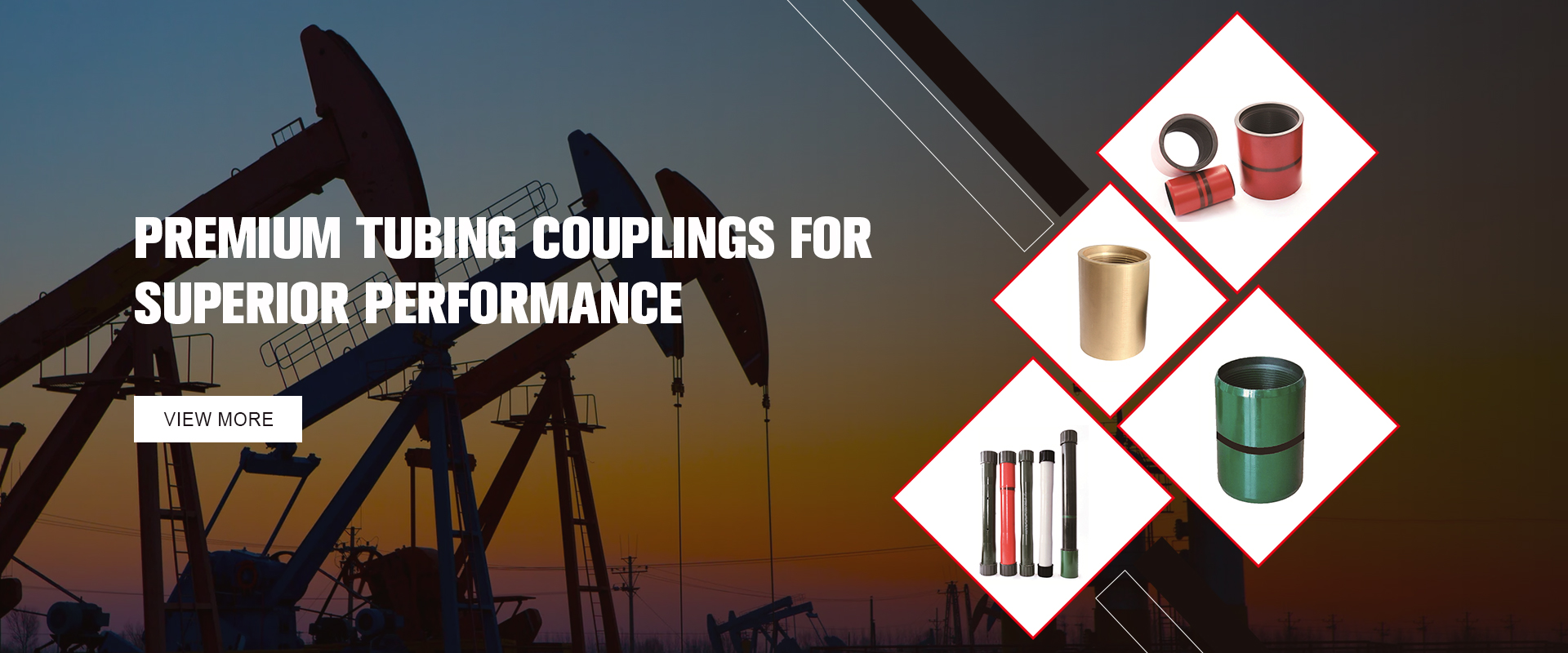- Afrikaans
- Albanian
- Amharic
- Arabic
- Armenian
- Azerbaijani
- Basque
- Belarusian
- Bengali
- Bosnian
- Bulgarian
- Catalan
- Cebuano
- Corsican
- Croatian
- Czech
- Danish
- Dutch
- English
- Esperanto
- Estonian
- Finnish
- French
- Frisian
- Galician
- Georgian
- German
- Greek
- Gujarati
- Haitian Creole
- hausa
- hawaiian
- Hebrew
- Hindi
- Miao
- Hungarian
- Icelandic
- igbo
- Indonesian
- irish
- Italian
- Japanese
- Javanese
- Kannada
- kazakh
- Khmer
- Rwandese
- Korean
- Kurdish
- Kyrgyz
- Lao
- Latin
- Latvian
- Lithuanian
- Luxembourgish
- Macedonian
- Malgashi
- Malay
- Malayalam
- Maltese
- Maori
- Marathi
- Mongolian
- Myanmar
- Nepali
- Norwegian
- Norwegian
- Occitan
- Pashto
- Persian
- Polish
- Portuguese
- Punjabi
- Romanian
- Russian
- Samoan
- Scottish Gaelic
- Serbian
- Sesotho
- Shona
- Sindhi
- Sinhala
- Slovak
- Slovenian
- Somali
- Spanish
- Sundanese
- Swahili
- Swedish
- Tagalog
- Tajik
- Tamil
- Tatar
- Telugu
- Thai
- Turkish
- Turkmen
- Ukrainian
- Urdu
- Uighur
- Uzbek
- Vietnamese
- Welsh
- Bantu
- Yiddish
- Yoruba
- Zulu
API 5CT Coupling - High-Quality Oil and Gas Tubing Components
Understanding API 5CT Coupling An Essential Component in Oil and Gas Industry
API 5CT is a standardized specification established by the American Petroleum Institute (API) that outlines the requirements for casing and tubing pipes used in the oil and gas industry. One crucial aspect of this specification is the coupling, an integral fitting that connects lengths of pipe. Couplings are essential for ensuring the integrity and reliability of connections between pipes during drilling operations and production processes.
Couplings defined under API 5CT are vital because they provide a method to join pipes while maintaining the strength and pressure integrity required in harsh environments. They are engineered to accommodate high-pressure conditions and resist corrosive elements commonly found in oil and gas extraction processes. The importance of high-quality couplings cannot be understated, as they directly affect the safety and efficiency of drilling operations.
Understanding API 5CT Coupling An Essential Component in Oil and Gas Industry
Couplings come in various designs, including threaded, welded, or slip-on types. Threaded couplings are the most common in API 5CT standards because they involve screwing the coupling onto the ends of the pipes, creating a tight seal. This method facilitates easy installation and maintenance, important features in the oil and gas industry, where downtime can lead to significant financial losses.
api 5ct coupling

Moreover, API 5CT couplings are subjected to rigorous testing to ensure they meet the necessary standards for strength, durability, and resistance to environmental factors. These tests include pressure testing, tensile testing, and inspection for flaws or imperfections. By adhering to the API 5CT guidelines, manufacturers can guarantee that their couplings perform optimally, even in the most challenging conditions.
Another critical aspect is the compatibility of couplings with various grades of pipes. Understanding the differences among the grades, such as H40, J55, L80, and P110, is crucial for engineers and procurement specialists in the industry. This knowledge ensures that the selected coupling will function correctly with the pipes used, thereby safeguarding the integrity of the entire system.
Cost-effectiveness is also a factor when selecting API 5CT couplings. While it may be tempting to opt for cheaper alternatives, this can lead to increased maintenance costs and potential failures in the field. Investing in high-quality couplings that conform to API 5CT specifications can prevent costly accidents and downtime, ensuring a more efficient operation over time.
In conclusion, API 5CT couplings play a significant role in the oil and gas industry, ensuring safe and efficient connections between piping systems. By adhering to the stringent guidelines set forth by this specification, industry professionals can choose the appropriate couplings that enhance reliability and performance, crucial for successful drilling operations. As the industry evolves, the focus on high-quality materials and engineering practices remains paramount to meet the growing demands of energy production.
-
Tubing Pup Joints: Essential Components for Oil and Gas OperationsNewsJul.10,2025
-
Pup Joints: Essential Components for Reliable Drilling OperationsNewsJul.10,2025
-
Pipe Couplings: Connecting Your World EfficientlyNewsJul.10,2025
-
Mastering Oilfield Operations with Quality Tubing and CasingNewsJul.10,2025
-
High-Quality Casing Couplings for Every NeedNewsJul.10,2025
-
Boost Your Drilling Efficiency with Premium Crossover Tools & Seating NipplesNewsJul.10,2025







